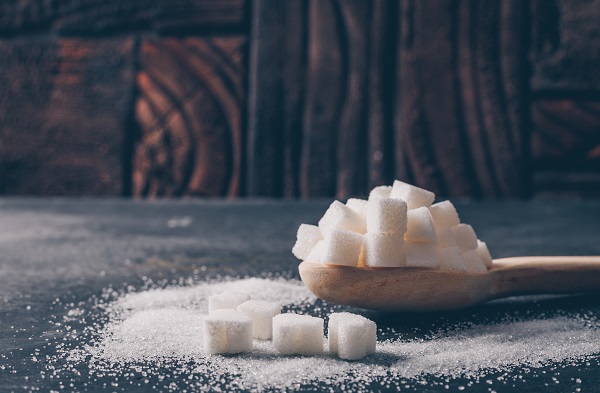We hate to break it to you but having a fever is a good thing. You may be bewildered to read this, but it’s not a mistake, we mean what we are saying. Ever since we were children, fever has been considered a dreadful thing. Your parents would panic if your body temperature was high. We belong to the majority of people who consider fever to be a bad thing.
But what if we tell you a fever is the most natural and good thing to happen to you? Yes, you read that right. A fever is a sign that your body is fighting an illness.
This blog will uncover the science behind fever and explain that you don’t need to panic unnecessarily.
What causes fever and why is it a good thing?
A fever is a part of your body’s defense mechanism. It’s your body’s natural response to viruses and bacteria. Whenever your body is attacked by foreign agents, the immune cells send signals to the hypothalamus, a part of the brain that functions like a thermostat, maintaining the temperature in the body to facilitate important body functions.
Upon receiving this signal, the hypothalamus increases the normal body temperature, which is 98.6 degrees Fahrenheit. To raise the temperature, the blood vessels are constricted, reducing the heat that dissipates through the skin’s surface. This in turn causes shivering, which also generates more heat.
These series of events are a part of the body’s defense mechanism, also known as inflammation. The object is to stop the virus from spreading.
But you must be wondering why the temperature is raised for a strong defense. In simple words, a high temperature makes it difficult for the invaders to survive and spread to other parts of the body. It stops the virus from replicating which is how infections spread in the body. Alternatively, a high body temperature may also strengthen the immune system. Under high temperatures, the cells produce heat shock proteins (HSPs), which stimulate immune pathways to combat infection.
If my body temperature is rising, why am I feeling cold?
It’s paradoxical to feel cold and shiver when your body temperature is rising on the inside. But this happens because your body tries to reach this new increased temperature, making you feel cold.
Why do I feel tired when I fever?
In simple words, your body requires energy to fight off the virus. Hence, it shifts into high gear and seals the utilisation of energy for all the other functions that are not relatively important. Moreover, your body requires rest and sleep to heal. The fatigue and sleepy feeling you get when you are down with a fever is your body’s attempt to ensure you’re resting. In addition, your body loses electrolytes which further causes fatigue. That’s why drinking water is crucial when you are sick.
You may also experience muscle aches accompanied by fever. This is because your body isn’t providing your muscles with energy to repair themselves. Hence, you may experience pain in the muscles for that duration.
So, should I not take medicines when I’m down with a fever?
Medications are not needed for low-grade fever. Your body comes back to the normal temperature when it’s done fighting the virus. But there is no harm in taking medications either if it makes you feel better. You need to know that fever-reducing medications just help control the symptoms not kill the virus. So, it’s of no use unless your fever is making you feel very low. There are studies establishing that these medicines may weaken the immune response to infection. More research is however needed.
Closing thoughts: When should I be concerned?
As established, a fever is your body’s natural response to infection, so you don’t need to worry. However, there may be a cause for concern if the fever doesn’t subside within 3 days, even after taking over-the-counter medications. It may point to a serious infection that requires medical intervention for healing and recovery. Reach out to a doctor if the fever doesn’t get better and you have other symptoms like chest pains and seizures accompanying fever.




